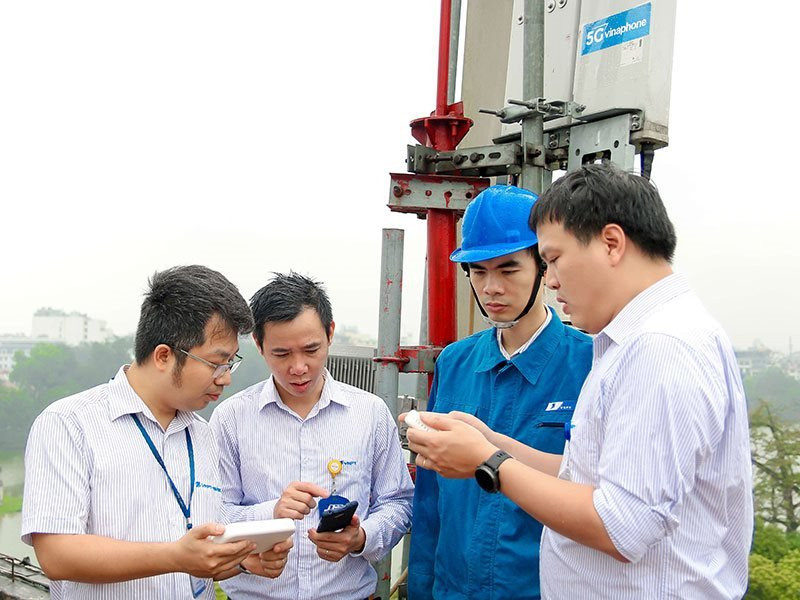
On April 19, businesses wishing to participate in the 2300-2400 MHz frequency auction completed and submitted their application for participation in the 4G and 5G frequency auction to the Department of Telecommunications (Ministry of Information and Communications). According to a representative of the Department of Frequency, for the frequency blocks A1 (2300 - 2330 Mhz), A2 (2330 - 2360 Mhz), A3 (2360 - 2390 Mhz), the starting price is VND 5,798 billion and the term of use is 15 years.
In theory, after this auction, only 3 network operators will be licensed for this frequency band to use for 4G and 5G. Currently, Vietnam has 5 mobile networks with operating infrastructure: Viettel, VNPT, MobiFone, Gtel, Vietnamobile. Thus, there will be 2 network operators that will not receive 4G and 5G licenses. In this race, the 3 major mobile networks are still dominating. However, the result of which enterprise wins the auction is still unknown and waiting for the Ministry of Information and Communications to officially announce.
Participation in this frequency auction is not only for businesses providing mobile services, but also for many other telecommunications businesses if they are qualified. Thus, it is very likely that the mobile market will see new players joining, using 4G and 5G technology. However, with the current reality of the mobile sector, it is very difficult to have new players in this market. This is not a problem of Vietnam's mobile telecommunications alone, but a problem that global network operators are facing. Many questions arise about what network operators will do when the "piece of cake" of traditional services such as voice and SMS is in sharp decline. Meanwhile, new services have not been able to make up for the gap of traditional services.
In its digital infrastructure strategy, Vietnam aims to be ranked in the world's top 30 by 2025. Thus, businesses in Vietnam will have modern digital infrastructure to develop the digital economy . In addition, Vietnam also aims for 100% of its population to use smartphones by 2023. The Ministry of Information and Communications is determined to keep pace with the world and take the initiative in commercializing 5G in Vietnam.
Commenting on the deployment of 5G in Vietnam, Mr. Denis Brunetti, President of Ericsson Vietnam, Myanmar, Cambodia and Laos, said that 5G plays a fundamental role in digital infrastructure in the digital economy, supporting the application of new technologies in many important economic sectors such as transportation, energy, agriculture , healthcare, etc. With the previous economy, we had to build roads, bridges, airports, seaports, buildings, etc. But with the digital economy, digital infrastructure and 5G will be a very important factor promoting the development of the digital economy, as well as comprehensive economic development. In addition, 5G is the infrastructure for developing smart cities and urban areas, an important foundation of the digital economy to support people, support the application of new technologies such as robots in many different industries. When applying 5G, 4.0 technology will become a very important premise to attract investment in the smart manufacturing sector, while attracting both domestic and foreign investment.
"According to Ericsson's forecast, by 2025, about two-thirds of multinational enterprises will establish production centers in the Asia-Pacific region. This is a great opportunity for Vietnam. If Vietnam prepares digital infrastructure based on 5G technology, it will be a good condition to attract foreign investment. Moreover, Vietnam has full free trade agreements with other countries, which is a very important advantage. I see that the Vietnamese Government also has strong initiatives and commitments in deploying 5G, by allowing the three largest network operators to test 5G commercially," said Mr. Denis Brunetti.
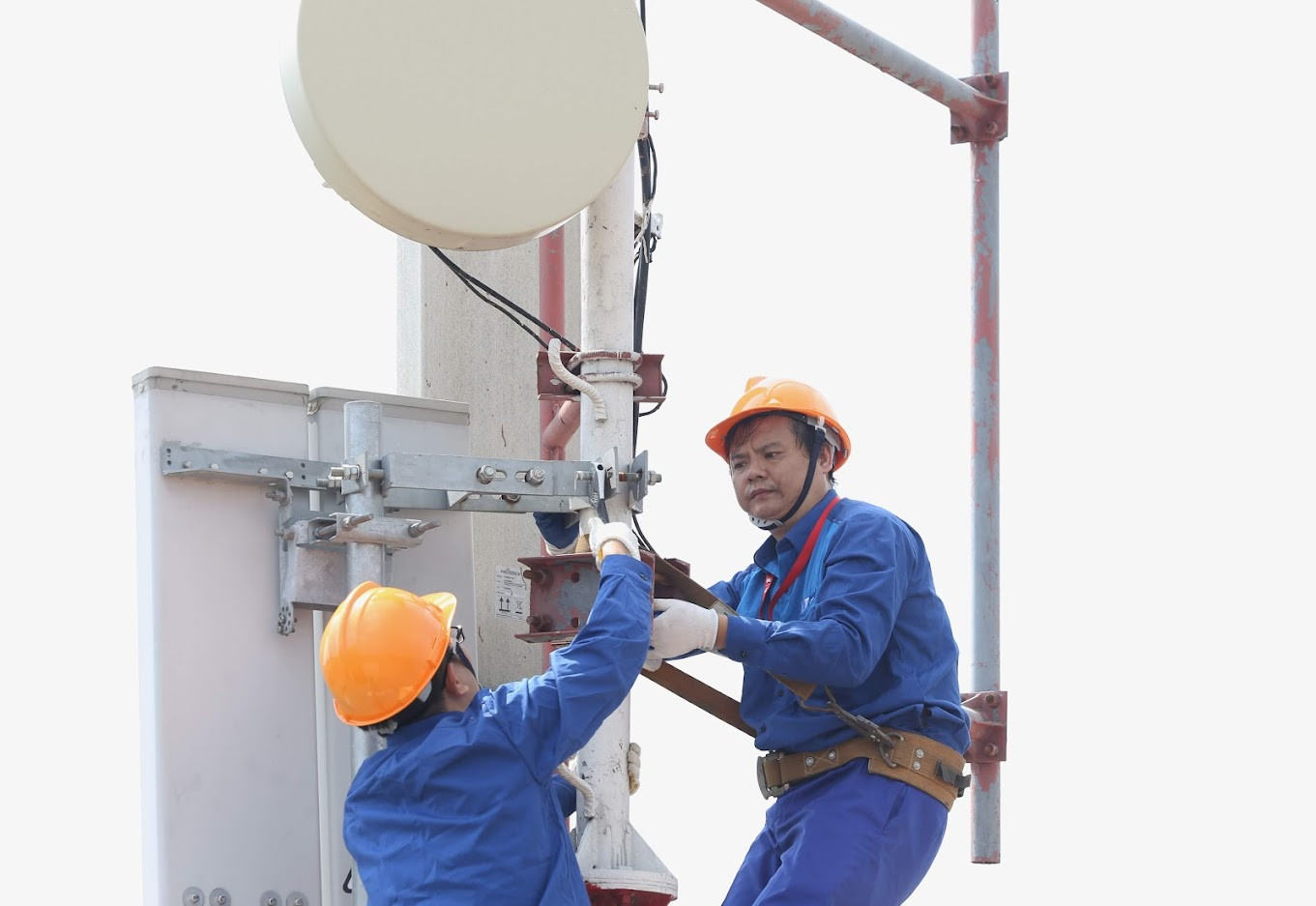
Source












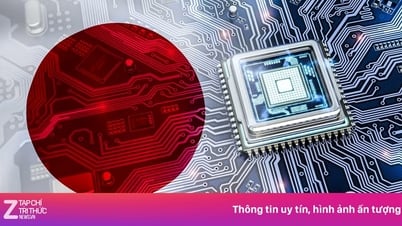










































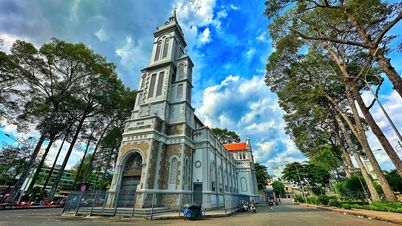



















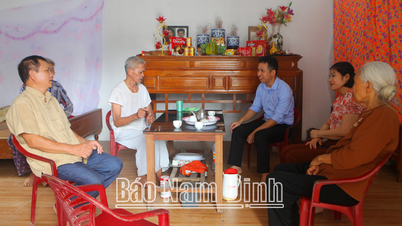








![[OCOP REVIEW] Tu Duyen Syrup - The essence of herbs from the mountains and forests of Nhu Thanh](https://vphoto.vietnam.vn/thumb/402x226/vietnam/resource/IMAGE/2025/6/5/58ca32fce4ec44039e444fbfae7e75ec)



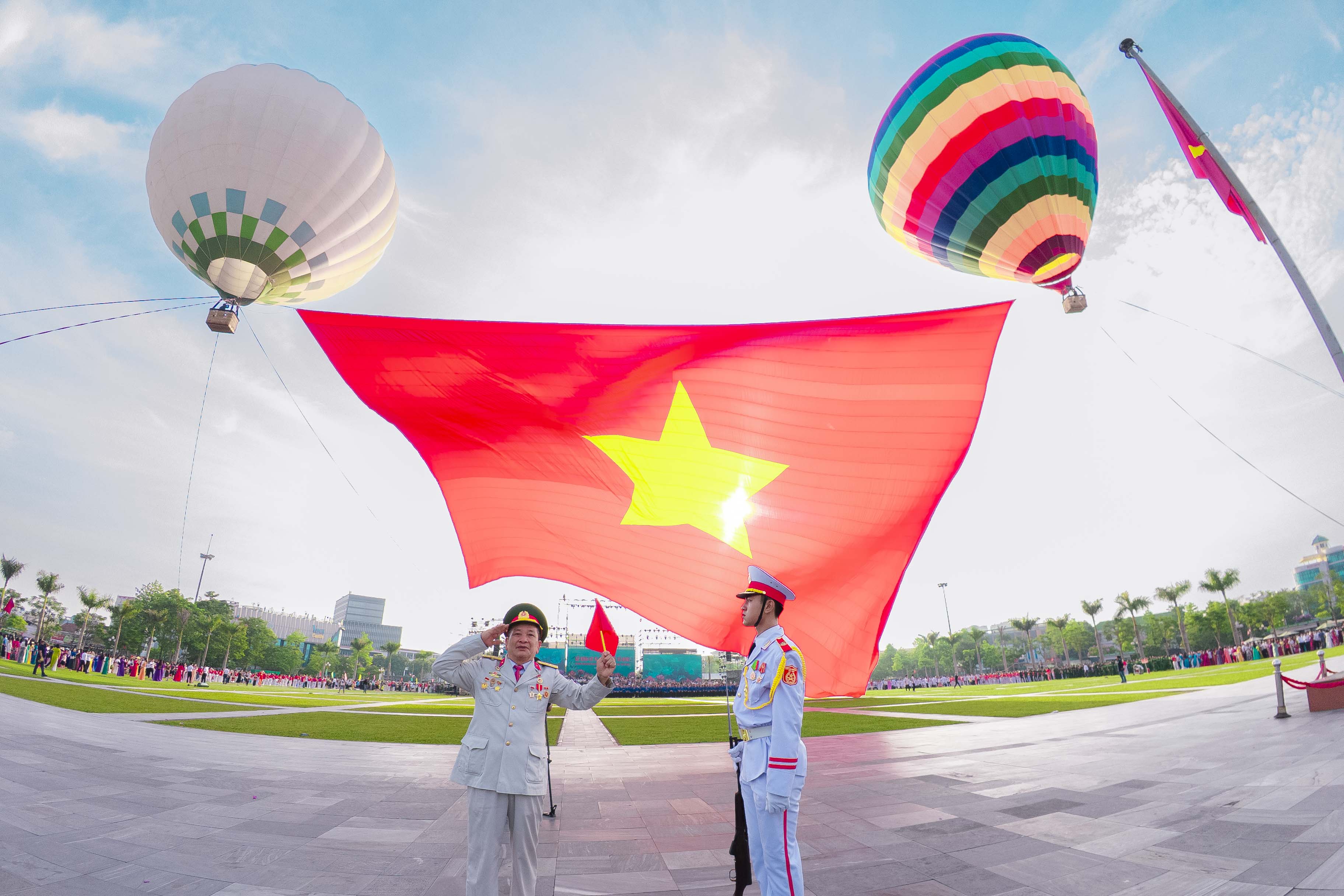



Comment (0)